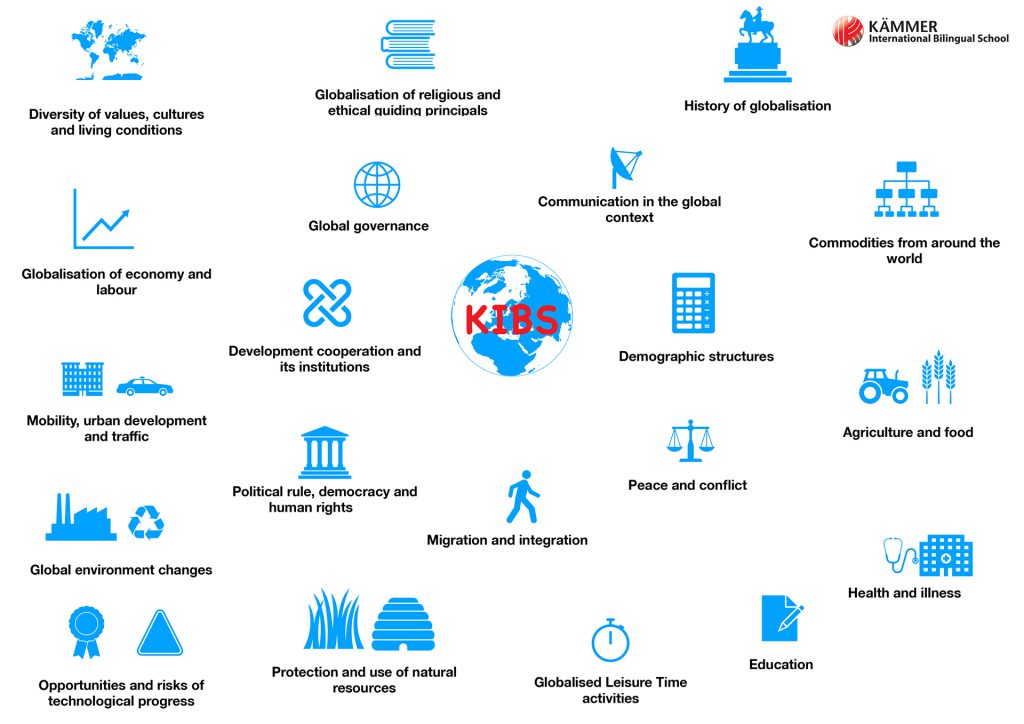In our three-form entry primary school, we foster a creative teaching and learning environment with a unique learning methodology. Between 80% and 90% of lessons are taught in English by our highly qualified English-speaking teaching staff. In order to deliver modern teaching methods and motivating lessons, our classrooms are equipped with state-of-the-art interactive whiteboards and optimised with inspirational displays. We want to empower children at our primary school to develop their own ideas and turn them into reality. Determination, a sense of responsibility and perseverance are just as important for this as curiosity, courage and selfconfidence. In addition, we are mindful of thoughtfully creating a positive bilingual learning environment in which learning is enjoyable. Through continuous encouragement and praise, we form confident, independent global citizens who, are aware of their talents, freely develop, continually increase their knowledge and respect human dignity. Our teachers are highly qualified and have attended university teacher training programmes in Germany and around the world. They bring with them a wealth and variety of pedagogical methods and theories and use
modern teaching and learning methods that meet global standards. The basis is the latest research findings on learning, learning processes and their didactic and methodical implementation. Our curricula are based on the Lower Saxony curricula for primary schools, which we supplement with competencies and topics from curricula of other countries in our educational programme. Firmly anchored in the curriculum are, for example, global topics such as children’s rights, gender equality, climate protection, sustainable consumption, mental health, and other age-appropriate topics that are part of the 17 Sustainable Development Goals and other international and current topics.
We hope you enjoy reading the various sections below.
Overview
In our primary school, we foster a creative learning environment with a unique approach to learning. 80 – 90% of lessons are conducted entirely in English by our highly skilled native-English-speaking teachers. Our classrooms are bursting with inspirational displays and each room features a digital board with Apple TV to enhance the learning. At KIBS we believe in educating the whole child within a safe and supportive environment. We want all children in our Primary School to be able to develop their own ideas and independently work towards achieving these goals throughout their life. Purposefulness, a sense of responsibility, patience and resilience are as important for this as curiosity, courage, self-confidence and the development of empathy. Our aim is to support children’s development socially, mentally and academically, to enable them to reach their full potential, and to help them become responsible, global citizens.
The following principles underpin our educational concept:
- Immersive education from Year 1
- Differentiated and individual learning approaches embedded throughout our teaching and learning programme
- A pastoral system to support the moral and social competences alongside academic development
- A unique KIBS primary school curriculum, based on the German state curriculum for Lower Saxony and enhanced by international curriculum competencies
- A curriculum enrichment programme with many national and international project days and weeks
- A comprehensive teaching and learning programme enhanced by a purposeful media concept using iPads to enhance the teaching and learning
- A global and internationally-minded perspective on life with a balance of physical and mental well-being
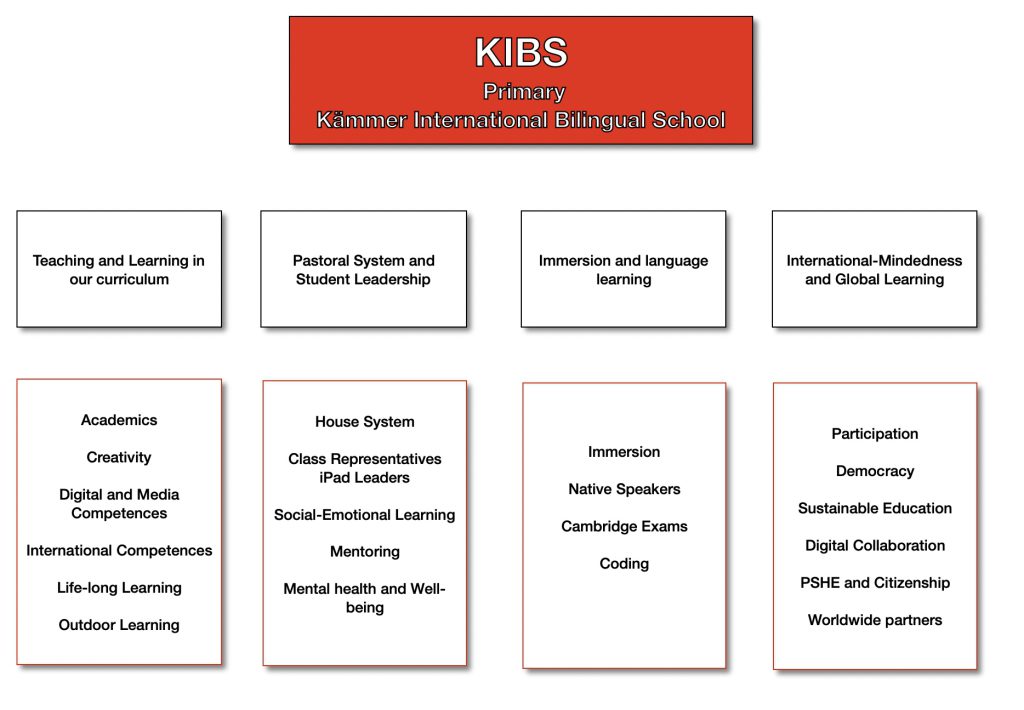
Curriculum
Our curriculum has been tailored to our concept for immersive education. It comprises internationally recognised competences and standards which meet the full requirements of the Lower Saxony curriculum. It is multifaceted and designed to equip children to cope with the many challenges that they will face in their adult lives. The KIBS teaching and learning approach is structured on two learning frames:
• the Lower Saxony Curriculum and the Lower-Saxony Education Act
• an internationally inspired curriculum based on curriculum objectives and goals from different international curricula
Our school curricula are flexible and we are constantly striving to improve and increase the scope and coverage of what we offer our students. Children who successfully complete our primary school can attend our secondary school and achieve an Intermediate School or the German High School diploma/ A Level diploma (Abitur). With the Abitur certificate and our additional Cambridge Language Qualifications, our students are able to study at English speaking universities worldwide.
At KIBS, we hold our students to very high standards for Working Behaviour and Social Attitude. Please find here our marking criteria which are based upon the Niedersachsen standards with additional expectations that we believe to be important in school life.
When a child joins our school after Grade 1 with no English or no German, we provide specific immersion classes for them, in order that they can quickly ‘catch-up’ with the language level of their peers. It is advisable for this process to be supported at home however so that both languages develop simultaneously.
Our teachers and the curriculum
Our class and specialist teachers work together to establish a safe and stimulating learning environment. The class teachers teach the three core subjects of Maths, English, Topic (Sachkunde) and Reading; in Years 1 and 2 class teachers also teach PSHE (Personal, Social and HealthEducation). Additionally we have specialist teachers for German, Immersion (EAL and DAZ), Special Educational Needs, Physical Education,
Music, Art, Ethics and Coding.
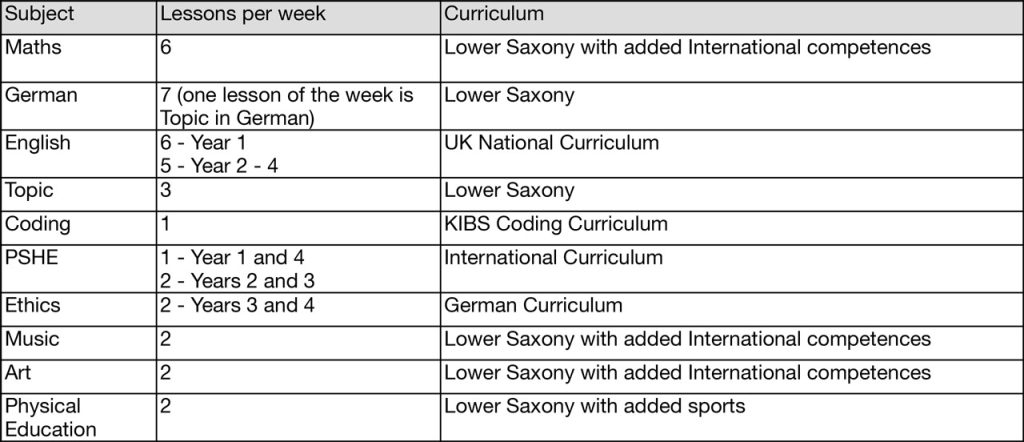
Teaching Staff
The KIBS primary team consists of well qualified, highly motivated, experienced and diverse teachers. Our teachers have completed their teacher training in their home country (recognised in Germany) or in Germany and come from many different countries – bringing a wealth of opportunities and experiences to enrich the cultural understanding of our students.
Our teachers take their time to get to know your child in order to build a personal relationship of trust and care. They value a positive relationship with the parents of the children they teach and use various channels of communication to make sure everyone is informed and feels included. Our teachers make sure to establish routines and structures with all students, making sure everyone knows what is expected at all times and thus creating a conducive learning atmosphere.
Every year, the students of the three classes are mixed within the year group. They will also be working with a new class teacher and a new German teacher. This process has many advantages – children learn to make new friends, children understand that change is a normal part of life and growing up and groupings of students are mixed to make sure many aspects are catered for.

Daniel Armstrong
Class Teacher Year 1 – Wondering Whales
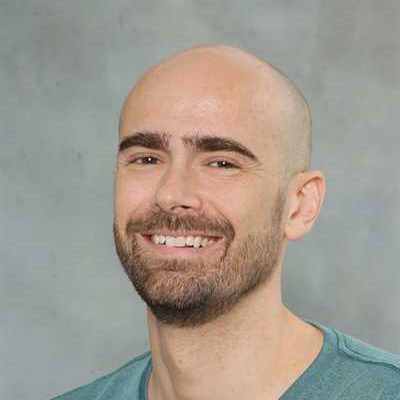
Luke Silcock
Class Teacher Year 1 – Dedicated Dolphins
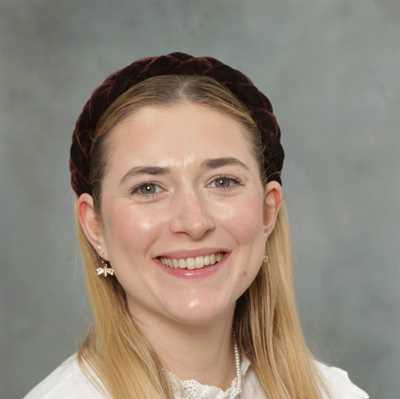
Laura Pickles
Class Teacher Year 1 – Confident Caterpillars
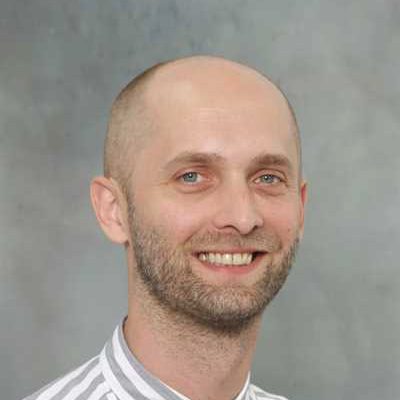
Jannik Bade
German Teacher Year 1, Ethics Teacher
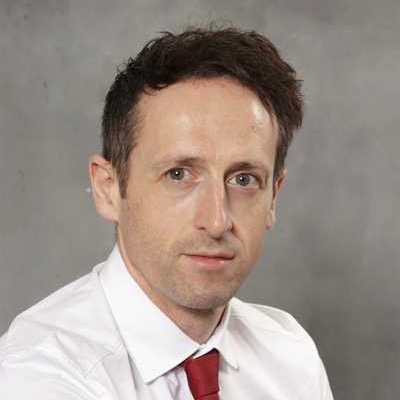
Kieran O’Brien
Class Teacher Year 2 – Talented Turtles

Jessie Francis
Class Teacher Year 2 – Curious Koalas
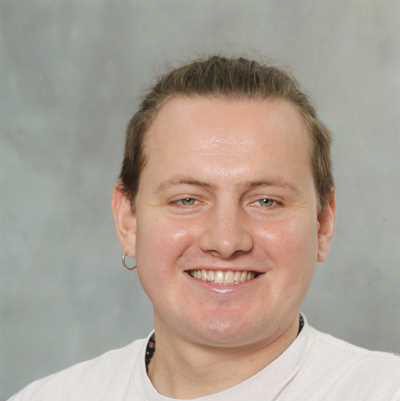
Jack Moseley
Class Teacher Year 2 – Enterprising Emus
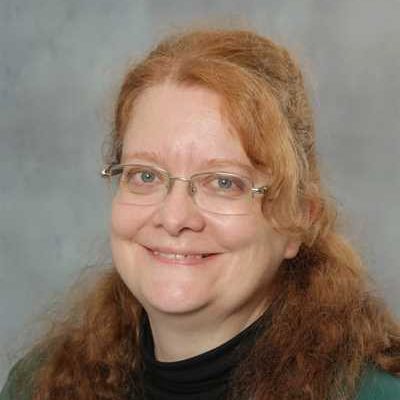
Ulrike Neumann
German Teacher Year 2, Ethics Teacher
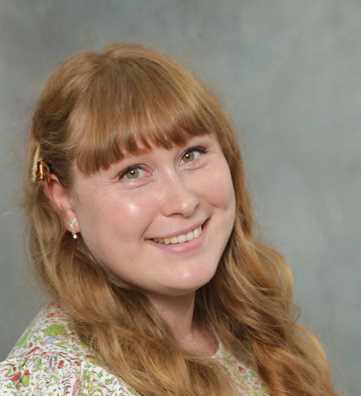
Pinja McWilliam
Class Teacher Year 3 – Hardworking Hedgehogs
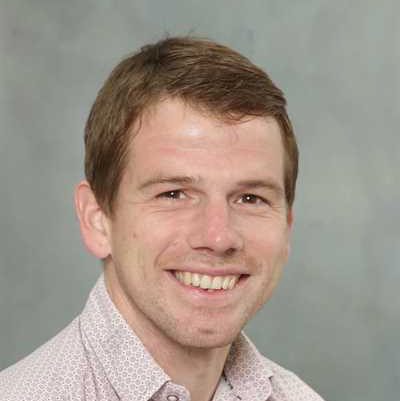
Andrew Davies
Class Teacher Year 3 – Positive Puffins
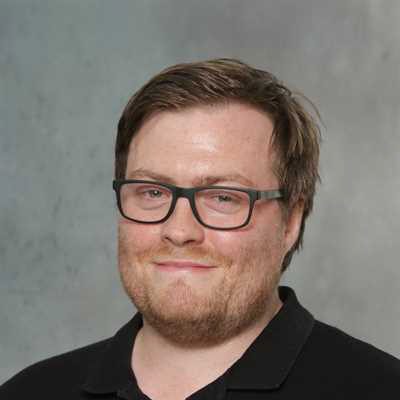
David Knape
Class Teacher Year 3 – Perfect Pandas
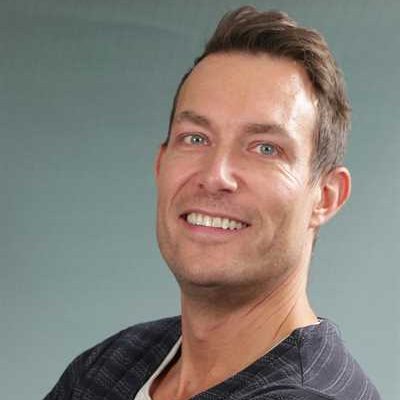
Roman Kandel
German Teacher Year 3, Ethics Teacher
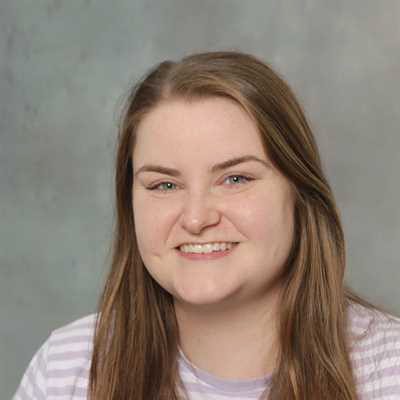
Charlotte Kendall
Class Teacher Year 4 – Diligent Dingoes

Lindy Holland
Class Teacher Perservering Penguins
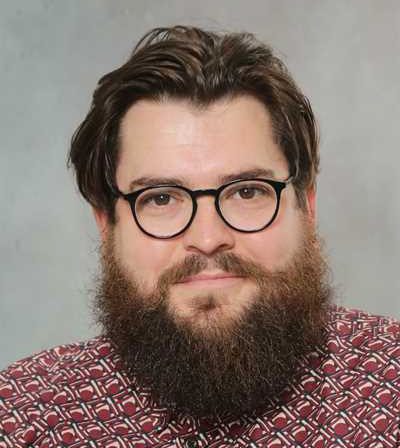
Jamie Wiles
Class Teacher Year 4 – Logical Lemurs / Timetable Coordinator
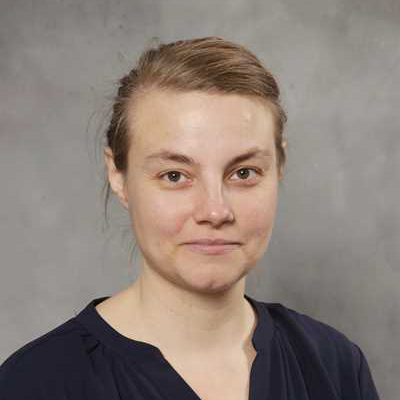
Laura Kamlott
German Teacher Year 4, Ethics Teacher
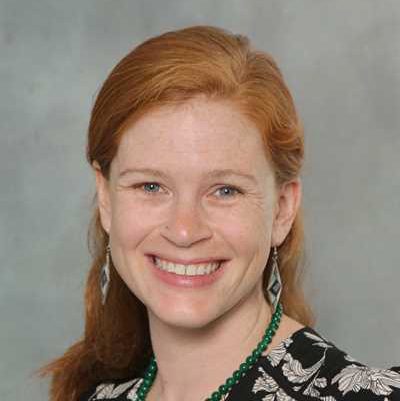
Rachel Freedman-Doan
Teaching Assistant
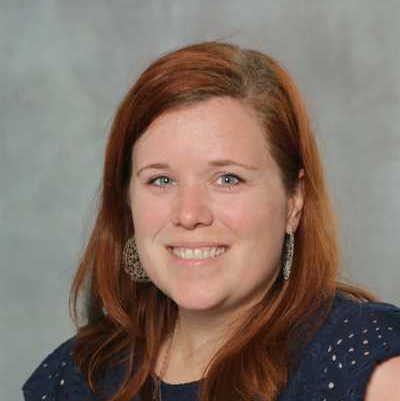
Stephanie Broll
Music Teacher Years 1-4
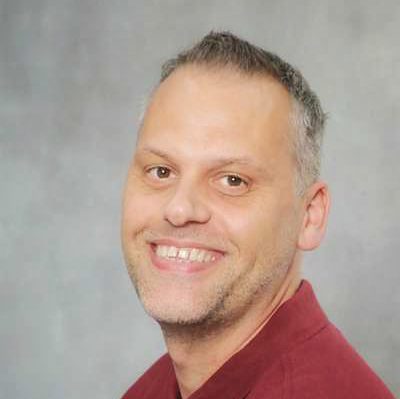
Martin Clarke
PE Teacher / Assistant Principal KIBS

Amy Houston
Coding and Tech Teacher / Head of Technology KIBS
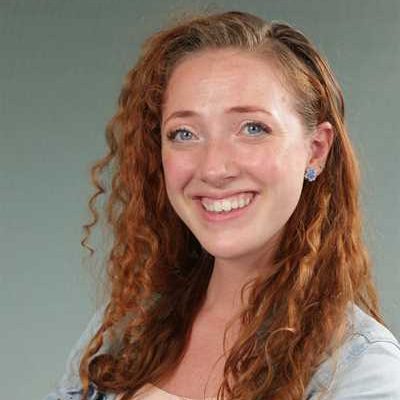
Kaylin Kerremans
Arts Teacher Years 1-4
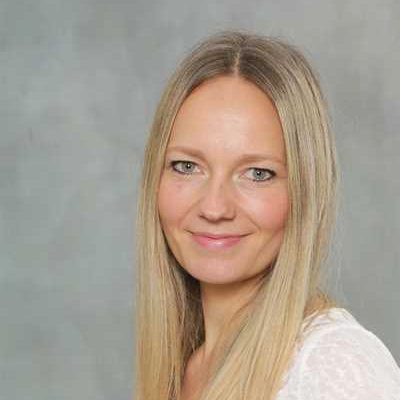
Tabea Bednarzik
DaZ & Ethics Teacher Year 4
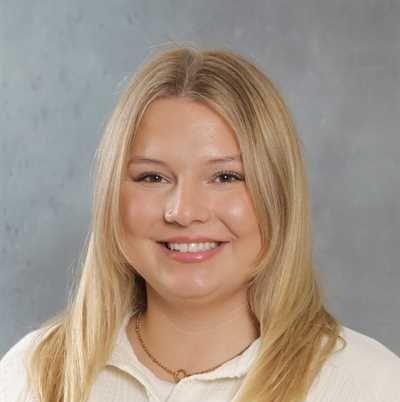
Melina Oppermann
SEN Coordinator
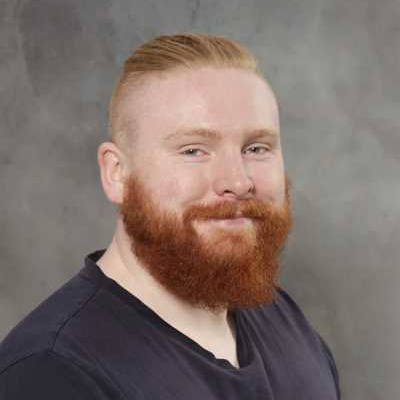
David McWilliam
Teaching Assistant
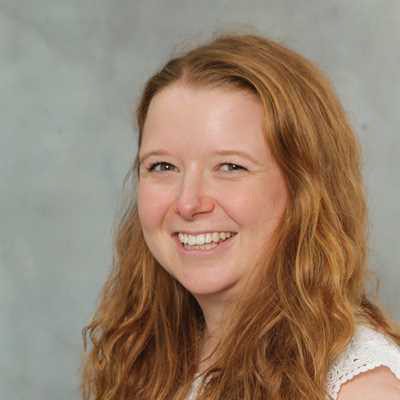
Claire Billingham
Class Teacher Year 2 – Talented Turtles
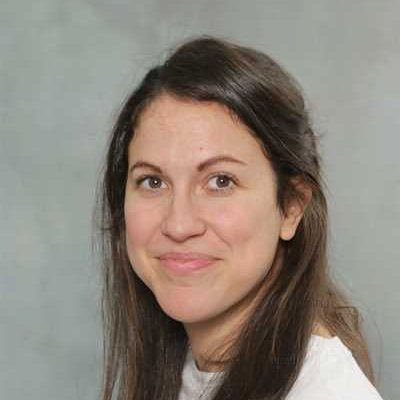
Megan Fries
Class Teacher Year 1 – Wondering Whales
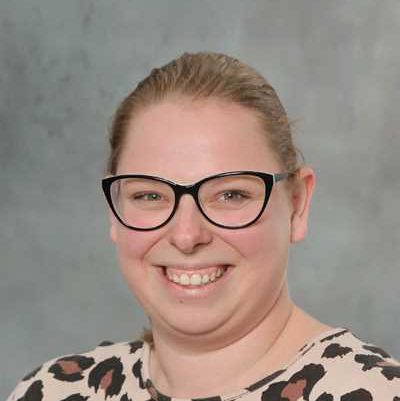
Chloe Smith
Class Teacher Year 4 – Genius Giraffes
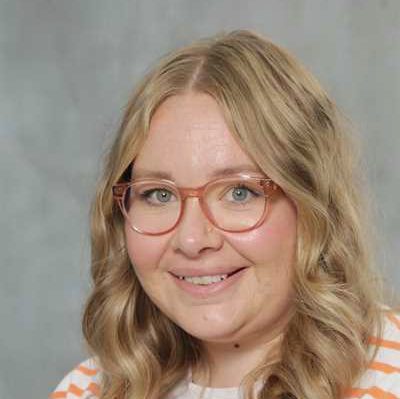
Jessica Shandley
Class Teacher Year 2 – Curious Koalas
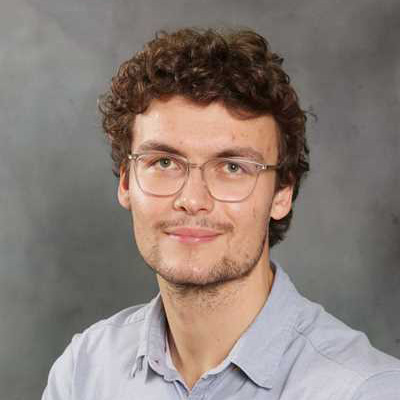
Moritz Ebest
Dual Student Social Work
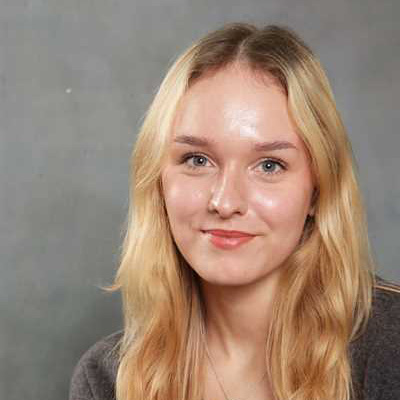
Marie Pöpplau
Dual Student Social Work

Nele Horn
Dual Student Social Work
Reports and information for parents
Our teachers write reports for each child twice a year (January and June/July). In November and March, students receive interim reports – a quick overview of their current achievement. Upon receiving these reports, parents can request a conversation with class teachers or specialist teachers if they require more information.
Once a year, after the January reports, our teachers will invite parents of students they need to see to a parent conversation day (please view school calendar for this date) to discuss the half year report. Parents who have not been invited as a matter of urgency can also request an appointment on this day. Additionally, parents can request an appointment to speak about their child’s progress at any time throughout the academic school year.
We also provide information via the following channels of communication:
A) Mentoring
Our teachers mentor all students four times per academic school year. In these mentoring meetings, students are guided to come up with individualised and personal targets. These targets are designed to reach a goal the student would like to work towards. This goal can be related to any skills or knowledge or to address general social and working behaviour foci. The mentoring targets are recorded in our student organisers so that parents can also be aware of their child’s self-reflection and progress.
B) SeeSaw (Click here for our Seesaw guide)
Class teachers use the Seesaw app to share learning experiences with all parents – this app works as a digital portfolio and communication tool. Photos and students’ work can be shared and parents can comment on real-time developments. Learning videos and activities are uploaded by teachers to give students the opportunity to recap knowledge or develop their learning further and share these experiences with their parents.
C) Organiser Note
A weekly organiser note informs parents about important notices and the lesson content covered during the week. As we have a “No Homework” policy in our primary school, all parents are thus informed about the general class themes and can support, if desired, revision before important assessments.
D) Parent Workshops
Throughout the school year, the primary team runs different workshops for parents. These are designed to help parents support the learning of their child and understand how we teach and learn in our primary school.
Timetable and School hours
KIBS primary is a full-time day school. The longer school day allows time for the teaching of our core languages and for the teaching of the international components of our curriculum. We also consider the shared lunch time an essential part of our social learning programme. The break times enable children to build friendships across the school community, and enjoy off-task times together.
We feel strongly about the need to balance learning times with down times for relaxation and other hobbies. The KIBS primary school is therefore a “no homework” school. We do however encourage reading – this should never be classed as a chore!
KIBS Primary Core Curriculum Subjects:
Maths
English
German – includes one lesson of Sachkunde (Topic in German language)
Topic (Sachkunde) – includes one lesson of Coding
Curriculum Subjects:
PSHE
Ethics (Year 3 and 4)
Art
Music
Physical Education
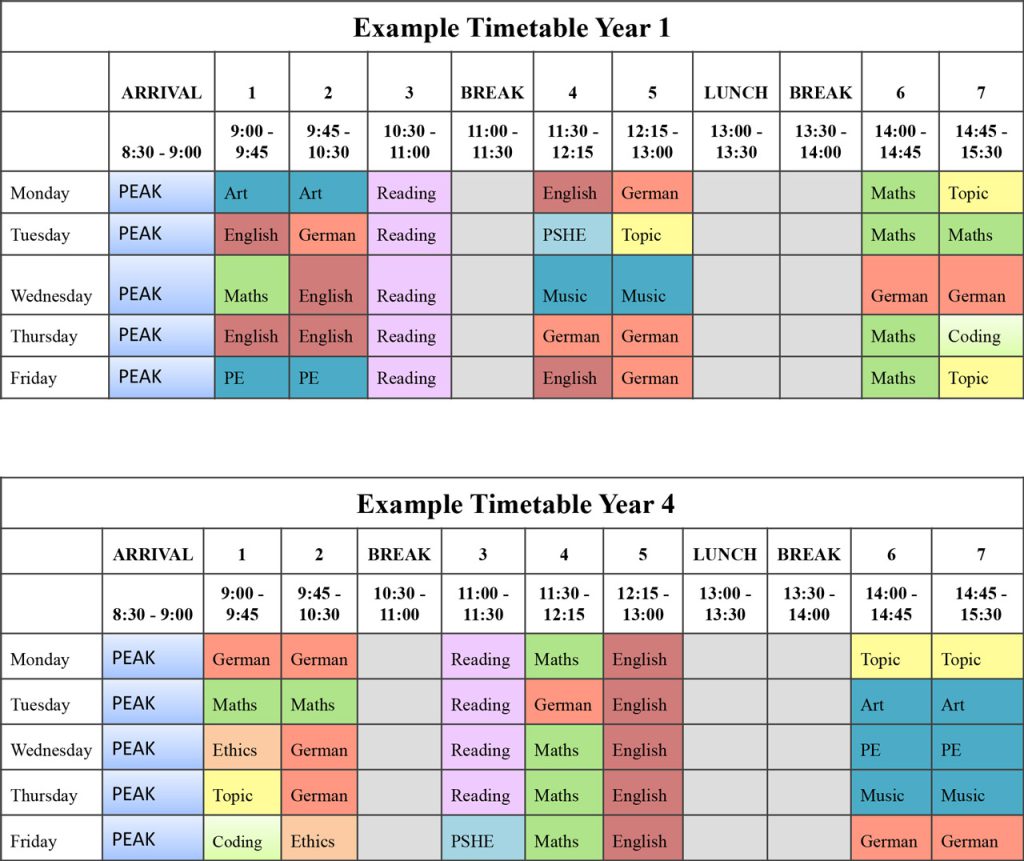
Our Early Morning Care opens at 7.30am and children can bring their breakfast. We also operate an After School Programme from 3.30 to 5.00pm.
Early Morning Care*
7.30am – 8.30am
9.00am – 3.30pm
School opens at 8.30am
After School Care and Clubs*
3.30pm – 5.00pm
School Holidays:
KIBS follows the Niedersachsen school holiday calendar. We do however offer a full day holiday programme* organised by our partner
Hannover 96. This programme runs during the October break, and for part the Easter and summer holidays.
*at extra cost
Special Features
Coding (Sphero and Lego)
Our Coding curriculum is uniquely tailored to our students’ requirements and matches many competences of the requirement for media education in Lower Saxony. In Year 1, all students start with offline Coding lessons – they are learning how to give instructions, understand sequences and loops. Our students learn hands-on – for example by programming their teacher to make a jam sandwich and observing whether their code was successful. We then start some simple coding with the iPad trolleys and BeeBot robots. In Year 2, our students are building on the skills they learned and start learning how to use the Sphero robots. In Years 3 and 4 students work with different apps, use Lego coding and delve deeper into the world of coding simple games and using SWIFT playgrounds. As our students’ skills advance, we amend the curriculum as needed and continue to explore with new software and hardware.
Student Leadership: House Captains and Vice Captains, iPad Leaders and student council
In our primary school, we have a student leadership structure on two levels. We have class representatives who are elected by their peers to represent the views of their classmates and meet the school leadership team to discuss their views, share new ideas and get involved in decisions that concern the students. Alongside this traditional form of democratic participation, we also hold annual elections in year 3 for our Vice-House Captains, who in Year 4 become house captains. Our Vice- and House-Captains work with the Heads of House to monitor our reward system and organise events and committees. Our iHeroes are a group of students who apply to be leaning leaders in all matters relating to technology. They work with the Head of Educational technology and support their peers who need help with iPads. They also test out new technology products before these are implemented in the curriculum.
Mentoring
Our students have mentoring meetings with their class teacher four times a year. In these meetings, the student reflects on what has gone well and what can be improved in their learning, be it a specific subject or skill within a subject area. The student and teacher then agree a SMART (Specific, Measurable, Achievable, Realistic, Time framed) target which the student can focus on over the coming weeks before the next meeting. These targets are recorded in the student organiser and are referred back to during each meeting. This helps each student to take some responsibility for their own learning, and reflect on their own academic journey.
Mental Health and Wellbeing
In our primary school, we are focusing on having open discussions on how we are feeling. Recognising our emotions and the impact they can have on our day prepares us for taking appropriate measures to reduce stress and increase the empathy we feel towards others. Throughout the year, we follow a schedule of different themes and activities to engage with a variety of topics connected to mental health. Brain breaks, meditation, yoga and breathing exercises enhance our students’ concentration levels. Every year, we also take part in Children’s Mental Health Week – have a look at our mental health calendar of activities here.
International Curriculum
Whilst our core curriculum is centred around the competencies of the Lower Saxony schemes of work, our internal school curricula are enhanced with many different international events to make sure learning is engaging and fun. As a whole day school with optional clubs after the teaching time in the afternoon, we have a lot more time to explore additional ideas and themes. On our timetables we have added the subject PSHE which stands for Personal, Social and Health Education and helps our students to develop a focus on necessary life-skills and knowledge to accompany our academic and creative curriculum subjects. We also hold regular school assemblies where or classes meet and learn to present speeches and projects to the rest of the school. Outdoor learning is another big focus for us as a school. It keeps learning relevant and connected to real-life experiences.
Every school year, our students take part in many events which are celebrated in schools world-wide. We celebrate Anti-Bullying Week, Children’s Mental Health Week, International Women’s Day, Human Rights Day and many other themed or cultural events.
Do you want to find out more?
Here is a link to our Events Calendar.
Global Curriculum: 17 STGS and Globales Lernen / Eine Welt für alle Award
In connection with our international competencies, we also want to teach our students important global competencies, which is why we have included the 21 competency areas of the global curriculum in the various subject areas of the primary school in an cross-curricular way. The 17 SDGS are also an integral part of our everyday teaching – in Years 1 and 2 pupils learn about the objectives of the different SDGS and in Years 3 and 4 they consolidate the basic skills in order to obtain a Bronze, Silver and Gold SDGs Passport certificate. Here is an overview of the different areas of global learning:
